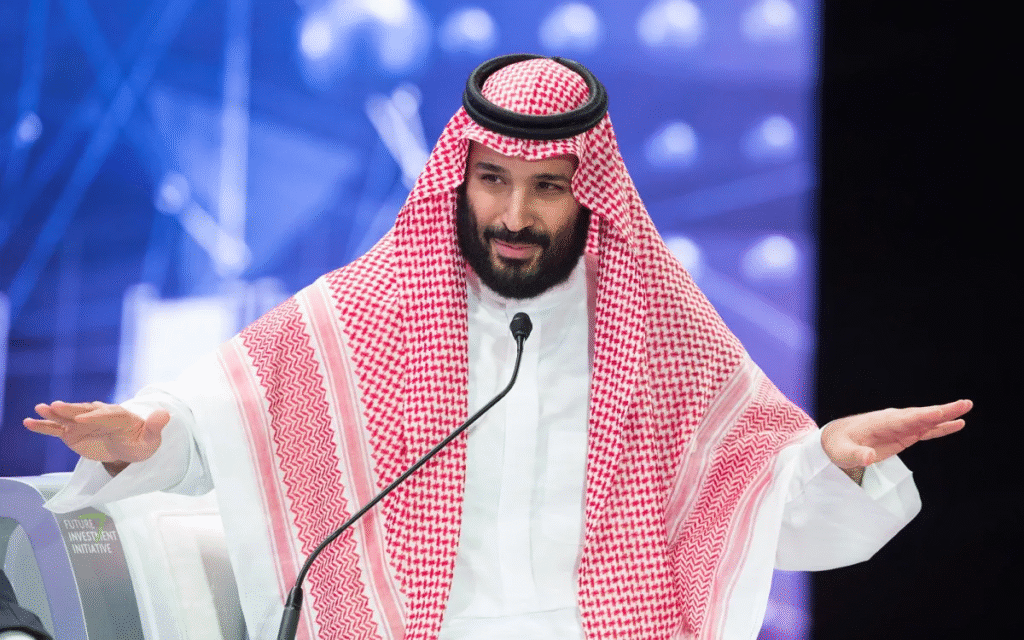Saudi Crown Prince Mohammed bin Salman has made a strategic leap into artificial intelligence with the launch of Humain, a state-backed AI company poised to transform the Kingdom’s technological capabilities. This ambitious venture represents more than just another tech startup—it’s a cornerstone of Saudi Arabia’s Vision 2030 plan to diversify its oil-dependent economy and establish itself as a global AI leader.
Inside the Humain Initiative
Infrastructure Development
- Massive data center construction across strategic Saudi locations
- Cloud computing capabilities to rival global hyperscalers
- AI research facilities with cutting-edge hardware
Financial Backing
- Funded by Saudi Arabia’s $940 billion Public Investment Fund (PIF)
- Part of broader $40 billion AI investment plan announced earlier this year
- Positions Saudi Arabia as the world’s largest AI investor
The Geopolitical Context
High-Profile AI Summit Coincidence
The Humain launch coincides with a major U.S.-Saudi investment forum attracting tech titans:
- Elon Musk (Tesla, xAI, SpaceX)
- Sam Altman (OpenAI)
- Mark Zuckerberg (Meta)
- President Trump’s scheduled visit to the region
Strategic Partnerships
American tech giants are already engaging with Saudi’s AI ambitions:
- Google’s cloud partnership with Saudi Aramco
- Salesforce’s Middle East expansion
- Microsoft’s $2.1 billion Saudi cloud investment
Why This Matters for Global Tech
1. Shifting AI Power Centers
Saudi Arabia’s move challenges traditional tech hubs, offering:
- Alternative funding sources beyond Silicon Valley VCs
- Geopolitical neutrality in US-China tech tensions
- Energy advantages for power-intensive AI operations
2. Economic Transformation
The PIF’s strategy mirrors successful sovereign wealth plays:
- SoftBank Vision Fund model at national scale
- Norway’s oil fund approach applied to tech
- Singapore’s Temasek -style strategic investing
3. Technology Sovereignty
Humain addresses critical national priorities:
- Reducing dependence on foreign tech
- Creating high-value domestic jobs
- Securing data localization compliance
Challenges and Considerations
Potential Roadblocks
- Talent acquisition in competitive global market
- Cultural adaptation for international tech workers
- Regulatory environment for AI development
Ethical Questions
- AI governance in authoritarian context
- Surveillance technology concerns
- Content moderation approaches
What’s Next for Humain?

Industry analysts predict several likely developments:
- Major university partnerships for AI research
- Acquisition of niche AI startups
- Joint ventures with established tech firms
- Saudi-specific AI applications for:
- Arabic language processing
- Islamic finance technology
- Smart city implementations
The Bigger Picture
This move positions Saudi Arabia at the center of three converging trends:
- The AI arms race among nations
- The petrodollar to tech-dollar transition
- Middle East’s emergence as a tech hub
With Humain, MBS isn’t just investing in AI—he’s attempting to future-proof Saudi Arabia’s economy and influence in what may become the most strategically important technology sector of the 21st century.








